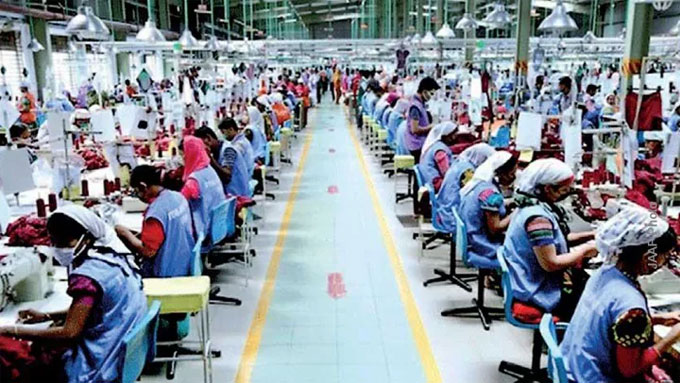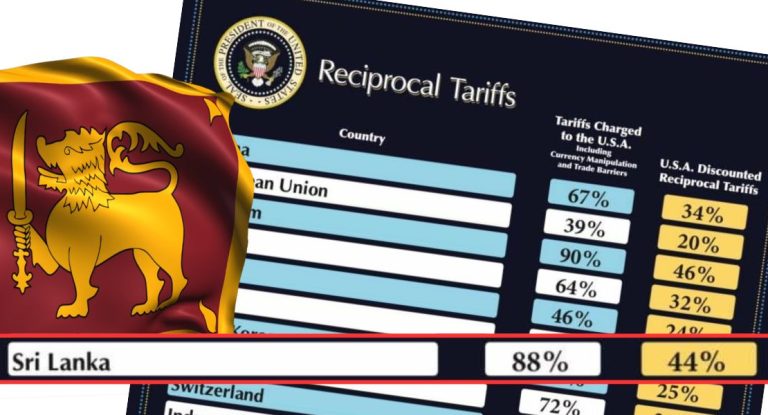The recent closure of the NEXT garment factory in Katunayake’s Free Trade Zone has dealt a significant blow to Sri Lanka’s apparel industry and its broader economy. Announced on May 19, 2025, the shutdown has resulted in the loss of around 1,400 jobs, nearly half of the company’s 2,800-strong workforce. The company cited rising operational costs and sustained financial losses as the primary reasons for the closure. Next still operates two more factories in Sri Lanka.
“The decision to close without any consultation with us is a violation of a collective agreement,” said Anton Marcus, the general secretary of the Free Trade Zones and General Services Employees Union. The union rejected the claim that the factory was unviable.
The closure of the NEXT factory is not an isolated incident. Reports indicate that approximately 5,000 garment workers have lost their jobs due to the temporary closure of nearly 10 factories in recent months, reflecting a broader downturn in the sector . These developments pose significant risks to Sri Lanka’s economic recovery efforts, especially as the country navigates debt restructuring and seeks to stabilize its economy post-crisis.
This development underscores the vulnerabilities within Sri Lanka’s export-dependent economy, particularly in the apparel sector, which is a cornerstone of the nation’s export earnings and employment.
In 2024, Sri Lanka’s total exports were valued at approximately US$12 billion . The apparel and textile sector contributed significantly, with garment export earnings reaching US$5 billion, marking a 4% increase from the previous year.
The United States and the United Kingdom remained key markets, with apparel exports to these countries increasing in 2024.
However, the industry faces mounting challenges. In April 2025, the United States imposed a 44% tariff on Sri Lankan apparel exports, significantly higher than the tariffs on competitors like Bangladesh (37%) and India (27%). Given that the U.S. accounts for nearly 38% of Sri Lanka’s apparel exports, this tariff hike threatens to reduce export competitiveness, potentially leading to order cancellations and further job losses.
The shutdown of the NEXT garment factory highlights the fragility of Sri Lanka’s export-reliant economy amid global trade shifts and rising protectionism. Addressing these challenges will require strategic policy responses, including diversifying export markets, enhancing competitiveness, and engaging in diplomatic efforts to mitigate adverse trade measures.







